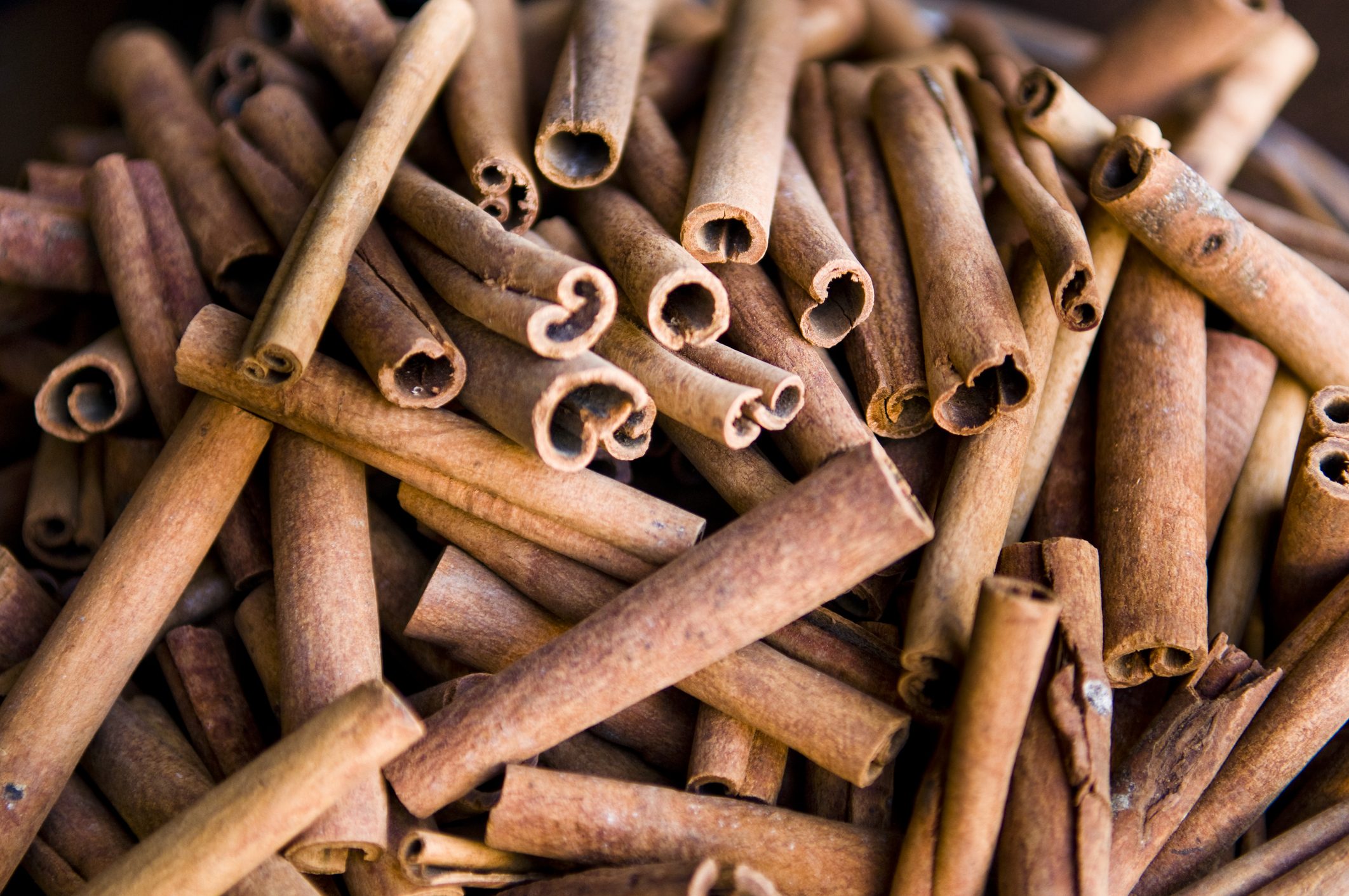16 risks of consuming excessive amounts of caffeine
Caffeine works as a stimulant and can sometimes become dangerous for your health as well. Read on to know about the effect of caffeine on your body.
;Resize,width=742;)
Read on to know about what high caffeine dose does to your body!
Caffeine is present in tea, coffee, caffeinated beverages, chocolate, and energy drinks to name a few. Caffeine works as a stimulant and can sometimes become dangerous for your health as well. Read on to know about the effect of caffeine on your body.
Increased heart rate. Caffeine works as a stimulant on your central nervous system and can increase your heart rate within 15 minutes of consuming it. So, avoid consuming caffeine if you experience high heart rate very frequently.

Heartburn. Upon caffeine consumption, esophagus becomes relaxed that contributes to gastroesophageal reflux. This can lead to heartburn and uncomfortable feeling.
Jittery feeling. One tends to feel restless upon consuming caffeinated beverages as it stimulates certain hormones, such as adrenaline, that leads to a feeling of tremors and jitters.

Anxiety. Because of increased heart rate and high adrenalin, one experiences an overwhelming feeling after consuming caffeinated food that results in anxiety.
Muscular spasm. On prolonged caffeine consumption, muscles tend to spasm because of the stimulative effect of caffeine and can lead to involuntary and erratic movements.

Disorderly speech and thoughts. Caffeine speeds up the senses, which can be beneficial in certain circumstances but can also lead to confusion and stuttering.
Heart palpitation. Central nervous system gets deeply impacted by excessive caffeine consumption as it can lead to a feeling of being unsteady and palpitation.

Diuresis. Caffeine increases your urge to urinate as it dilates the blood vessels, leading to increased waste production by the kidneys.
Laxative. Increased concentration of caffeine works up the gastrointestinal muscles, which can lead to painful muscle cramps and an urge to defecate.

Dehydration. Frequent urination and diarrhea may dehydrate your body and create an imbalance of body fluids.
Insomnia. High caffeine intake may lead to insomnia, because of its effect on adenosine, which is a natural tranquilizer and prevents falling asleep.

Hallucination. Consuming too many cups of coffee can lead to hallucination because of the high adrenalin level.
Addiction. Consuming too much caffeine regularly may lead to addiction and withdrawal symptoms such as a headache and depression.

Stomach ulcers. Caffeine accelerates gastric emptying, which leads to high acidic content in the stomach and small intestine.
Heart attack. Because of the increased blood pressure due to high caffeine consumption your heart may be at risk of sudden heart attacks.

Coma. Consuming too much caffeine may lead to caffeine intoxication and further to the confusion, disorientation, seizers, and caffeine coma.
;Resize,width=767;)
;Resize,width=712;)
;Resize,width=712;)
;Resize,width=712;)
